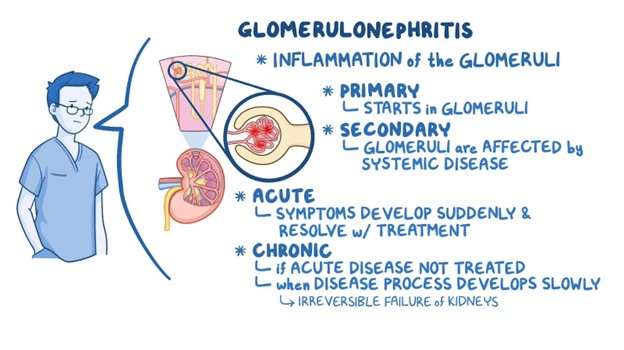What is the daily fluid requirement (total in 24 hours) for a child who weighs 70.4lb? Do not use a label- it is ml. in the answer.(Answer in 24-hour clock system)
1740
134056
2
12
The Correct Answer is A
Fluid Requirement (mL/24 hours) = Weight (kg) × Fluid Requirement (mL/kg)
Given that the child weighs 70.4 pounds, we first need to convert this weight to kilograms (1 lb = 0.453592 kg):
Weight in kg = 70.4 lb × 0.453592 kg/lb ≈ 31.89 kg
Now, let's calculate the fluid requirement using the given choices:
A) 1740:
Fluid Requirement = 31.89 kg × 55 mL/kg = 1753.95 mL
B) 134056:
This number is significantly larger than any reasonable fluid requirement and is likely an error.
C) 2:
This value is far too low to represent the fluid requirements of a child.
D) 12:
This value is also too low to represent the fluid requirements of a child.
So, the correct answer is A) 1740 mL. The child's estimated daily fluid requirement would be around 1740 mL in a 24-hour period, based on a weight of 70.4 pounds.
Nursing Test Bank
Naxlex Comprehensive Predictor Exams
Related Questions
Correct Answer is D
Explanation
A) Absence of proteinuria:
Chronic glomerulonephritis often involves damage to the glomeruli in the kidneys, which can lead to the leakage of protein into the urine, resulting in proteinuria. The absence of proteinuria would be an unexpected finding in a patient with chronic glomerulonephritis. Therefore, this choice is incorrect.
B) Serum phosphorus 4.0 mg/dL (within expected reference range):
Serum phosphorus levels within the expected reference range are not directly related to chronic glomerulonephritis. While abnormalities in electrolyte levels might occur due to kidney dysfunction, serum phosphorus within the normal range is not a hallmark finding of glomerulonephritis. Therefore, this choice is incorrect.
C) Serum potassium 3.8 mEq/L (within the expected reference range):
Similar to serum phosphorus, serum potassium levels within the normal range are not specific to chronic glomerulonephritis. Kidney dysfunction can indeed affect electrolyte levels, but a serum potassium level within the normal range doesn't provide specific information about glomerulonephritis. Therefore, this choice is incorrect.
D) BUN 50 mg/dL (elevated):
Blood Urea Nitrogen (BUN) is a waste product that is filtered by the kidneys. Elevated BUN levels indicate impaired kidney function, as the kidneys are less efficient at filtering and excreting waste products. Chronic glomerulonephritis can lead to progressive kidney damage, which can result in elevated BUN levels due to decreased filtration and clearance. Therefore, an elevated BUN level is an expected finding in a patient with chronic glomerulonephritis.

Correct Answer is B
Explanation
A) Document intake and output:
Documenting intake and output is an important nursing task, but it is not the top priority in a suspected case of bacterial meningitis. Timely administration of antibiotics to treat the infection takes precedence over documentation of intake and output.
B) Administer antibiotics when available.
Explanation:
Bacterial meningitis is a serious and potentially life-threatening infection of the membranes covering the brain and spinal cord. Rapid administration of antibiotics is crucial to effectively treat the infection and prevent its spread. Delay in antibiotic administration can lead to worsening symptoms and complications. Therefore, getting the appropriate antibiotics to the child as soon as they are available is the nurse's priority.
C) Reduce environmental stimuli:
Reducing environmental stimuli can be helpful in managing symptoms and providing comfort to the child with meningitis, but it is not the priority action. The immediate concern in a suspected case of bacterial meningitis is to treat the infection.
D) Maintain seizure precaution:
While maintaining seizure precautions is important, especially if the child has a history of seizures, it is not the top priority in a suspected case of bacterial meningitis. Administering antibiotics to treat the infection and prevent its progression is the primary concern.
Whether you are a student looking to ace your exams or a practicing nurse seeking to enhance your expertise , our nursing education contents will empower you with the confidence and competence to make a difference in the lives of patients and become a respected leader in the healthcare field.
Visit Naxlex, invest in your future and unlock endless possibilities with our unparalleled nursing education contents today
Report Wrong Answer on the Current Question
Do you disagree with the answer? If yes, what is your expected answer? Explain.
Kindly be descriptive with the issue you are facing.
